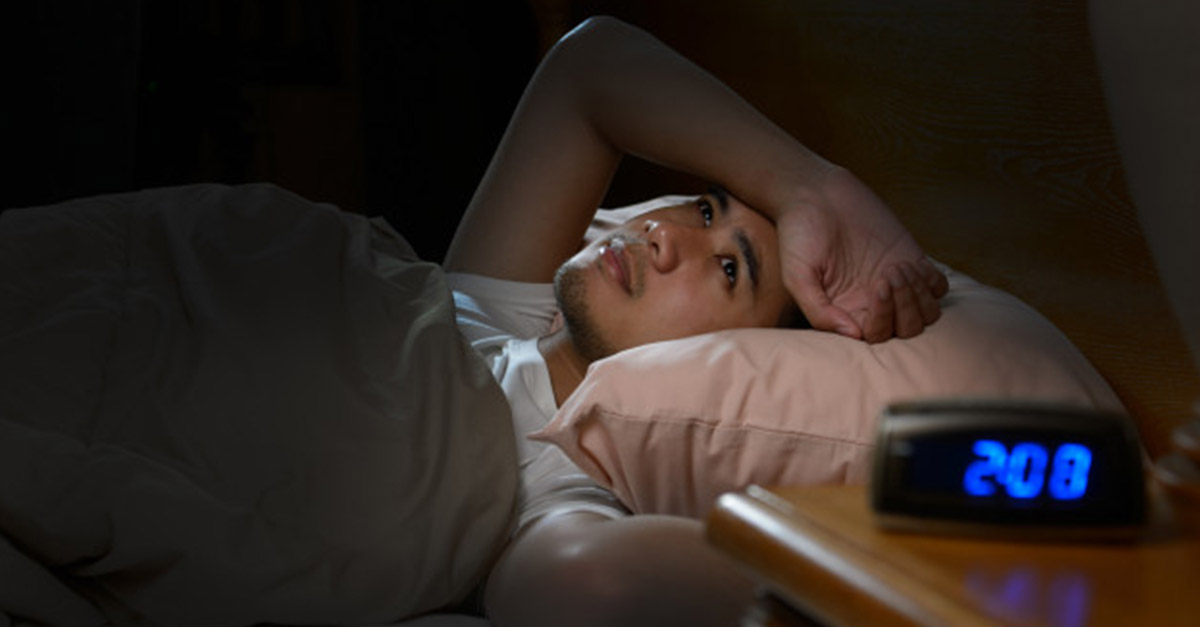With schools, offices and gyms still closed in several places across the world due to the raging pandemic, many people are experiencing sleep problems. The social life is curtailed, and the daily routines are now entirely disrupted. They have no set time to eat their meals or to get dressed. The fact that many people are not spending enough time in daylight is also causing sleep problems due to disruption in the body’s sleep cycle.
The situation is more problematic for caregivers as they have to carry out numerous caregiving duties during the day time and have to monitor the care recipient during the night hours. So, although they have always experienced sleep problems, the current pandemic has worsened the situation because of the continuous fear of getting infected or the need to keep their loved ones safe. So, if you are a caregiver encountering sleep problems, here are the five tips that you can follow.
Stick to a routine
Yes, this may sound absurd when you have to remain confined within your home. However, if you follow a routine and go to bed at the same time, you will likely sleep well.
Stay connected
You can’t venture outside due to novel coronavirus, but staying connected is vital to not feel isolated from the rest of the world. So, stay connected with your friends, colleagues, or loved ones via social media or video calls to enjoy a sound sleep.
Exercise regularly
Find a yoga video or do brisk walking inside your home. You have to exercise regularly. There is ample scientific evidence that daily exercising for a few minutes can lower your stress level and can help you to have a sound sleep.
Turn off digital devices
Due to the urge to stay connected, people today remain glued to their phones or other digital devices. These digital devices emit blue light that interferes with our sleep hormones. So, turn off your digital devices at least one hour before bedtime.
Darken the bedroom
Create an ideal environment by darkening your bedroom with the help of curtains or blinds. Also, block off any extra noise. By creating a dark room, you are helping your body to release melatonin that regulates your sleep-wake cycle.
If you think it is not possible to follow all the tips due to the need to monitor your loved one during the night, you can either request other family members to do the same or can use caregiving gadgets for monitoring during the night. Sleep problems during coronavirus are a harsh reality, and you have to find a way to cope up with the same. For more such tips, you can always contact an experienced caregiver or can opt for a caregiving coaching program.

